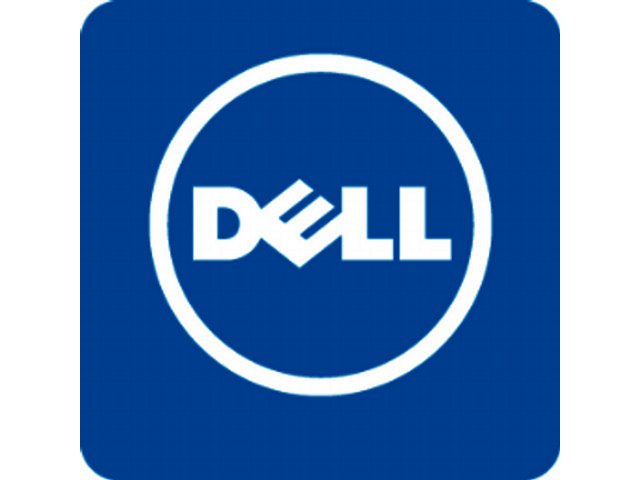The workplace of the future is receiving increasing attention of late. The latest, clearest indication of how much attitudes towards the workplace is shifting has come from Dell, which recently unveiled the findings from the Dell and Intel Future Workforce Study.
The study, which identifies the global technology trends shaping the modern workplace, didn’t just indicate that something major is indeed underway in terms of the way we work. It also revealed a broad crevice between the technology employees are accustomed to using, and that which is found in today’s workplace.
In a bit of an indictment on employers’ adoption of technology, the study found that almost half of the 4000 strong employees surveyed cited their current employer for failing to take advantage of innovation, and not making use of the latest technology advances in an effective manner.
Working from a distance
"Today’s workforce has a growing expectation that their employers integrate the latest technologies seamlessly and securely into their working lives," said Chris Buchanan, client solutions director, Dell South Africa. "Employees have seen first-hand the ways new technologies can help them do their jobs better, and are hungry to use the latest advancements to be more productive. While this may seem daunting to many employers, it’s a business-critical opportunity for companies to be at the forefront of the future workplace and enable the future workforce."
Indeed, the study has clearly shown technology in the home has already had a huge impact on how people interact in their working lives. One of the defining components of the future workplace has been mobility, and how it frees up people to access their content, including work-related, when and how they wish. Additionally, smart devices have made work something that can be done from anywhere, and simultaneously made being bound to a particular desk seem positively old-fashioned. Thus, hot-desking, remote working have become part of modern empoyees’ expectation of their work environment.
Remote working is no longer just about mobility though, it is increasingly viewed as providing both quality of life and productivity benefits, and technology is seen as an essential enabler. More specifically, technology has allowed people to change their lifestyles and, in turn, this has affected their work styles and preferences. This then has a knock on effect on employers, who are being prompted to offer more flexible work arrangements to keep up with this evolution and cater to mobile workers.
Doing so is not without consequence, as new working arrangements require new security and infrastructure. Indeed, for European and South African respondents, advanced security protection is considered the most important technology to be implemented in their workplace.
Looking ahead
Technology is also expected to continue shaping workplace in the the future. According to the study, a vast majority (67%) of millennials in South Africa believe that face-to-face meetings will become obsolete.
Instead innovative and emerging technologies, such as the Internet of Things (IoT) and virtual reality (VR), could also become vital to the workplace of the near future, affecting how we collaborate and work more efficiently. And, if you think VR in the workplace is still a long way off, you may want to reconsider. According to the study, VR and augmented reality (AR) innovations could impact the workplace sooner than we think, as 61% of employees in South Africa would be willing to use VR/AR in their professional lives. Considering the fact that Sony, Facebook and HTC are all on track to delivering VR into consumers’ hands in the months to come, VR is certainly no longer a distant dream. Should it find fast adoption in the home, then it is reasonable to expect it to migrate into the workplace more quickly too.
The most frequently cited usage cases for the new technologies include training on new skills in realistic virtual environments (25%), problem solving or coming up with new ideas through 3D visualisation (18%) and presenting to clients using immersive technologies (15%).
The race for talent
It is not just about accommodating workers’ taste for technology though, as there seems to be a more urgent aspect to an organisation being up to speed with technology advances, at least for those organisations competing for top talent. Indeed, the survey showed that when it comes to acquiring and retaining talent, technology counts. This is especially true for millennials in South Africa, with a third indicating they would quit their jobs if the technology provided by their employer is substandard. The same millenials (up to 39% in South Africa) also say that a new employer’s available technology would affect their decision on whether to take or decline the position.
"The massive changes that are occurring in the workplace are like a tale of two cities; those companies that are modernising, especially with mobility, will attract and retain top talent, those who don’t will create employee frustration, lower productivity and employee unhappiness," said Bob Egan, chief analyst and founder, Sepharim Research Group.
In a nutshell, what is quickly becoming apparent is that companies simply cannot afford to remain complacent. "The Future Workforce Study discovered that millennials are driving massive changes in how and where work gets done, use multiple devices, and prefer to work away from a traditional office. The result is an important mandate for CIOs to modernise the infrastructure, redefine their security perimeter and device provision strategies," Egan concluded.
This month's business articles sponsored by Drive Control Corporation:






